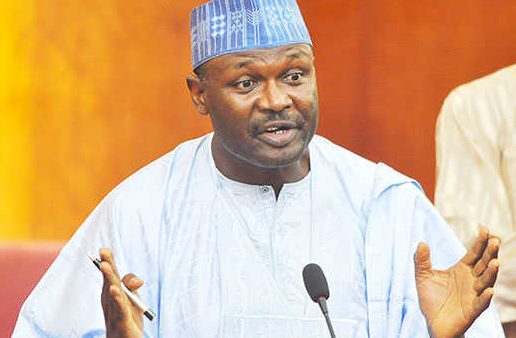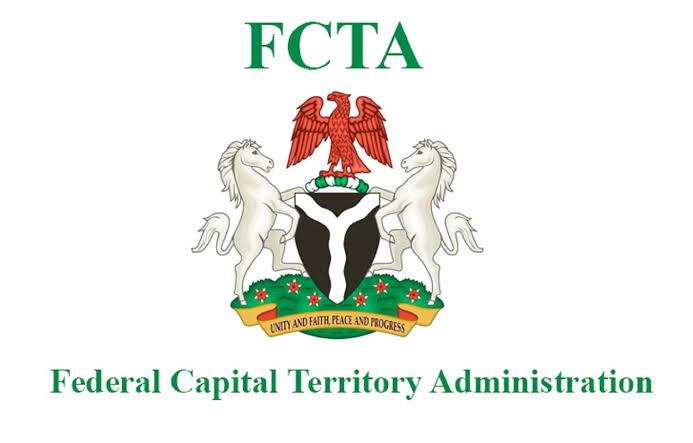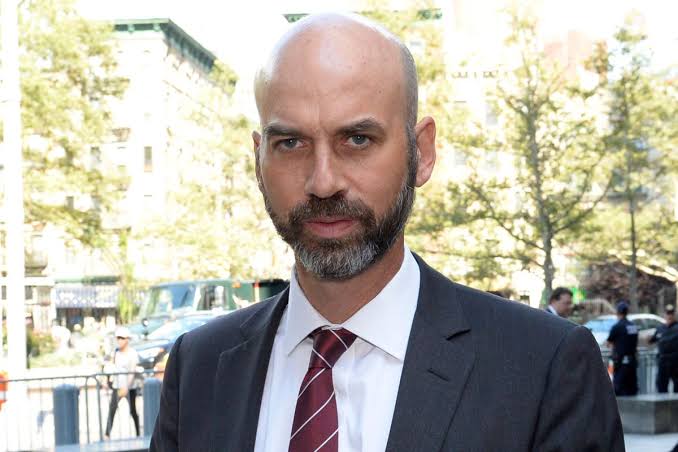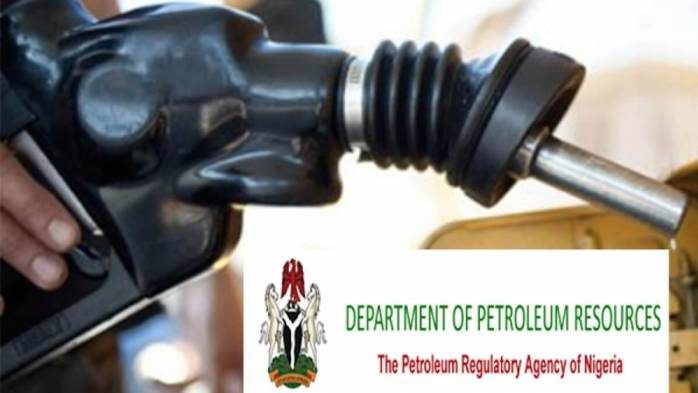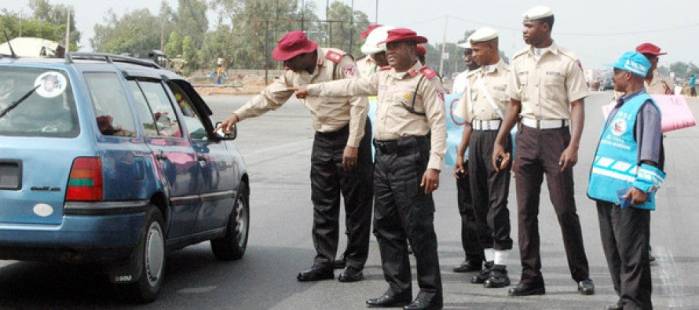The two leading political parties, the Peoples’ Democratic Party PDP, and All Progressives Congress, APC, were the major culprits of vote buying in the Ekiti, Osun guber elections.
The governorship elections conducted in Ekiti and Osun states, the last in the series of staggered elections before that of 2019, have shown the challenges the country may face in the general elections coming in four months time.
The Ekiti governorship election was conducted on July 16, 2018 while that of Osun was held on November 22, 2018. In both elections, several irregularities ranging from vote buying to intimidation of voters’ were reported by election monitoring groups and the Independent National Electoral Commission, INEC.
The development has further created doubt in the minds of Nigeria on the ability of the present administration to successfully conduct general elections in 2019.
The Ekiti governorship election which was won by the candidate of All Progressives Congress, APC, Dr. John Kayode Fayemi, was characterized by vote buying with an unprecedented magnitude in the history of Nigeria’s democracy.
READ ALSO: PDP National Convention: claim of vote-buying unfounded -Ologbondiyan
Though most political parties that participated in the election as reported were involved in the act, the two leading political parties, the Peoples’ Democratic Party PDP, and APC were the major culprits.
In Osun for instance, though the incidence of vote buying was minimized because of machinery put in place by the stakeholders to prevent such, the election on September 22 and the rerun on September was marred by intimidation of political opponents and other misconduct as alleged by PDP and its candidate in the election, Senator, Ademola Adeleke.
INEC had declared the election on September 22 inconclusive because the margin between the candidate with the highest number of votes and the runner-up was not up to the number of voided votes. Consequently, a rerun poll was organized on September 27, five days after. At the end of the rerun election, the candidate of APC, Gboyega Oyetola was announced the winner of the governorship election by INEC. PDP has however since rejected the result.
The National Chairman of PDP, Uche Secondus, who described the election as open robbery by the ruling APC said: “The right of the citizens to be able to come out and vote had been trampled upon and the entire state and the wards and units have been seized by the security agencies who were acting on behalf of the APC to make sure the election is rigged by all means.
“We are sad that if this is what is going to take place in 2019, then the future of Nigeria’s democracy is bleak and we are sliding into crisis.”
Earlier, the Centre for Democracy and Development, CDD, one of the foremost observer groups in Nigeria, faulted the rerun election process in Osun.
“In the light of these anti-democratic acts, which have undermined the sanctity of the ballot therefore, we hold strongly the view that the re-run poll of Thursday, September 27, 2018 does not meet up with the minimum standards for free, fair and credible elections,” the CDD said in a statement.
Similarly, a coalition of civil society organisations under the aegis of Eastern Consultative Assembly, ECA and the Transition Monitoring Group, TMG, also condemned the manipulation of the poll to subvert the will of the people.
The TMG further warned that the desperation of the political class had grievous implication for the credibility and legitimacy of the entire Osun supplementary exercise.
INEC’s Resident Electoral Commissioner in-charge of Osun State, Olusegun Agbaje, while presenting certificate of return to Adegboyega Oyetola, the governor-elect in Osogbo, the capital of Osun State on Wednesday, stated that one of the challenges that faced the commission was the desperation of politicians to win at all cost. He further stated that the commission was neutral in the discharge of its duty during the election. His words: “However, if, at the end of litigation at the Supreme Court of Nigeria, the Commission is found culpable of not discharging its responsibility faithfully and diligently, I will take full responsibility for any such laxity, publicly apologise to all Nigerians and thereafter resign my appointment with the commission.”
Though President Muhammadu Buhari at several fora had expressed his determination to ensure that the next general elections remain credible, political observers believe such statement is mere rhetoric judging the action of the ruling party in the last two governorship elections.
With APC in charge of the Presidency, the security agencies and INEC, observers had expressed doubts over the ability of President Buhari led government to bequeath the country a transparent, free and credible election in 2019.
One of the best ways to ensure a transparent election in the country, according to analysts, is for the appointment of INEC chairman and other key officers in the commission to be handled by an independent organisation.
They argued that it would not be possible for the President who is contesting in an election to be the one to appoint the chairman of INEC.
The doubt of many Nigerians on Buhari’s commitment to organise a transparent and credible election was accentuated by his appointment of the chairman of INEC, Professor Mahmood Yakubu, from the north shortly after he assumed power.
Unlike former President Goodluck Jonathan, who appointed Attahiru Jega from North-West as the chairman of the commission in 2010, as a sign of confidence, people expected Buhari to appoint Jega’s successor from any zone in the southern part of the country. That, it is believed, would show some sign of fairness.
However, from all indications, if there is any conclusion that can easily be reached over the happenings in the Ekiti and Osun election, it is the fact that they bear signs of the things to expect in the 2019 general elections.
